Currently iOS 10 supports both 32-bit and 64-bit binaries. Come iOS 11 only 64-bit binaries will be accepted.
We need to figure out how many of our users are currently running on 32-bit hardware, however iTunesConnect Analytics doesn't break down the devices by:
- Device Model, or
- CPU Architecture
The only breakdowns are by device family or iOS version. This isn't granular enough.
- An "iPhone" device family could be iPhone 5c or iPhone 6. The former is 32-bit, the latter is 64-bit.
- Similarly, an "iOS version 10" metric could be iPhone 5c or iPhone 6. The former is 32-bit, the latter is 64-bit.
How can we identify currently active devices that are on 32-bit architecture and would become obsolete?
Update:
To reiterate, as this keeps coming up: we are looking into a way to determine this using Apple's Analytics or other developer tools.
Obviously integrating a 3rd party SDK or even our own code to detect and report is easy enough, but a little late in the game.
